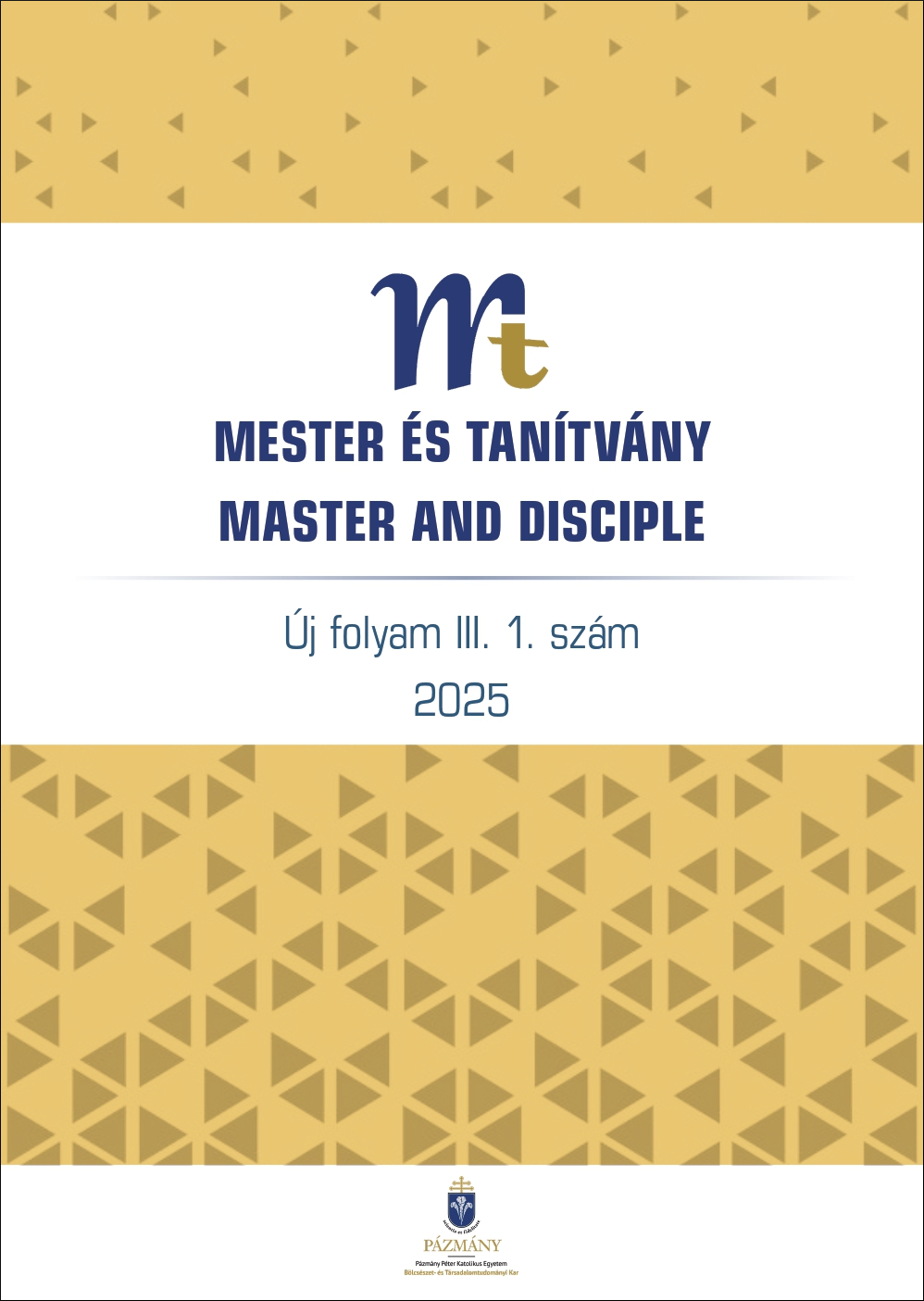Questionnaire Survey on the Effectiveness of Playful Methods among Religious Education Teachers
Published 30-06-2025
Keywords
- Playful methods, Religious Education, Pedagogical innovation, Questionnaire research, Game-Based Learning
Copyright (c) 2025 Hetesi Edit

This work is licensed under a Creative Commons Attribution 4.0 International License.
Abstract
The role of playful teaching methods in Religious Education is receiving increasing attention in educational research. These playful interactive methods increase student engagement and motivation, and help students to absorb the subject matter in different educational contexts. My research investigates the pedagogical benefits of playful methods, with a particular focus on Religious Education, where the integration of creativity and interaction is key to the transmission of complex theological concepts to different age groups. The quantitative research focuses on a questionnaire survey of 250 Hungarian Religious Education teachers, representing a broad spectrum of ages and regions. One of the aims of the research was to assess the extent to which faith teachers perceive playful teaching methods to be effective in different age groups. Contrary to the assumption that younger instructors would prefer innovative, playful approaches to their older colleagues, our results show that there is strong agreement across all age groups about the effectiveness of these methods. Both younger and older teachers recognise the benefits of incorporating playful elements into their teaching practice. These results suggest that the effectiveness of playful methods spans generations, making them a universally valuable tool in Religious Education. The consistency of results across age groups highlights the potential for widespread adoption and incorporation of these methods into Religious Education curricula. The article contributes to the debate on innovative pedagogical strategies, providing evidence that playful methods can be effective in engaging students in religious education regardless of age and background.


